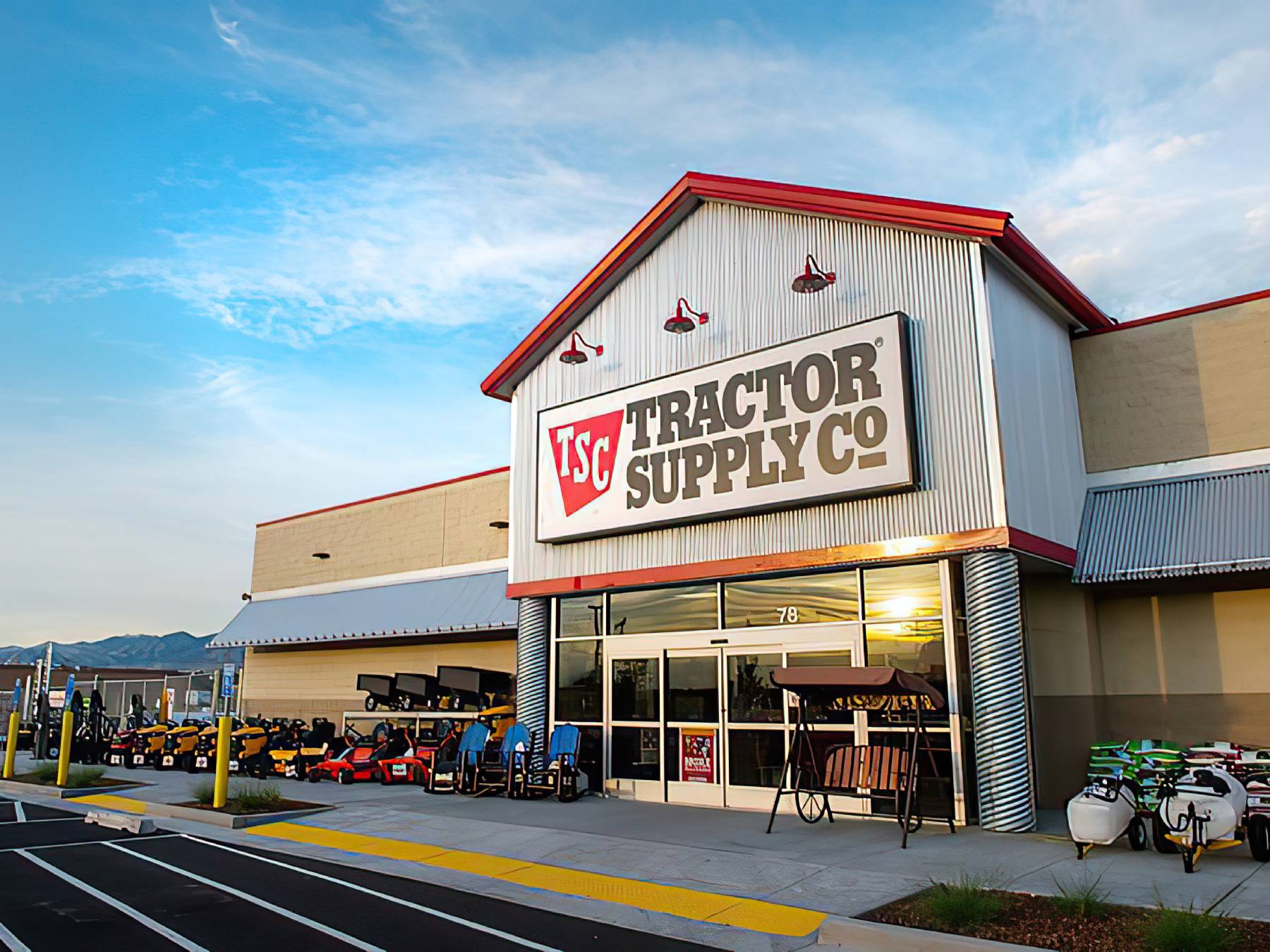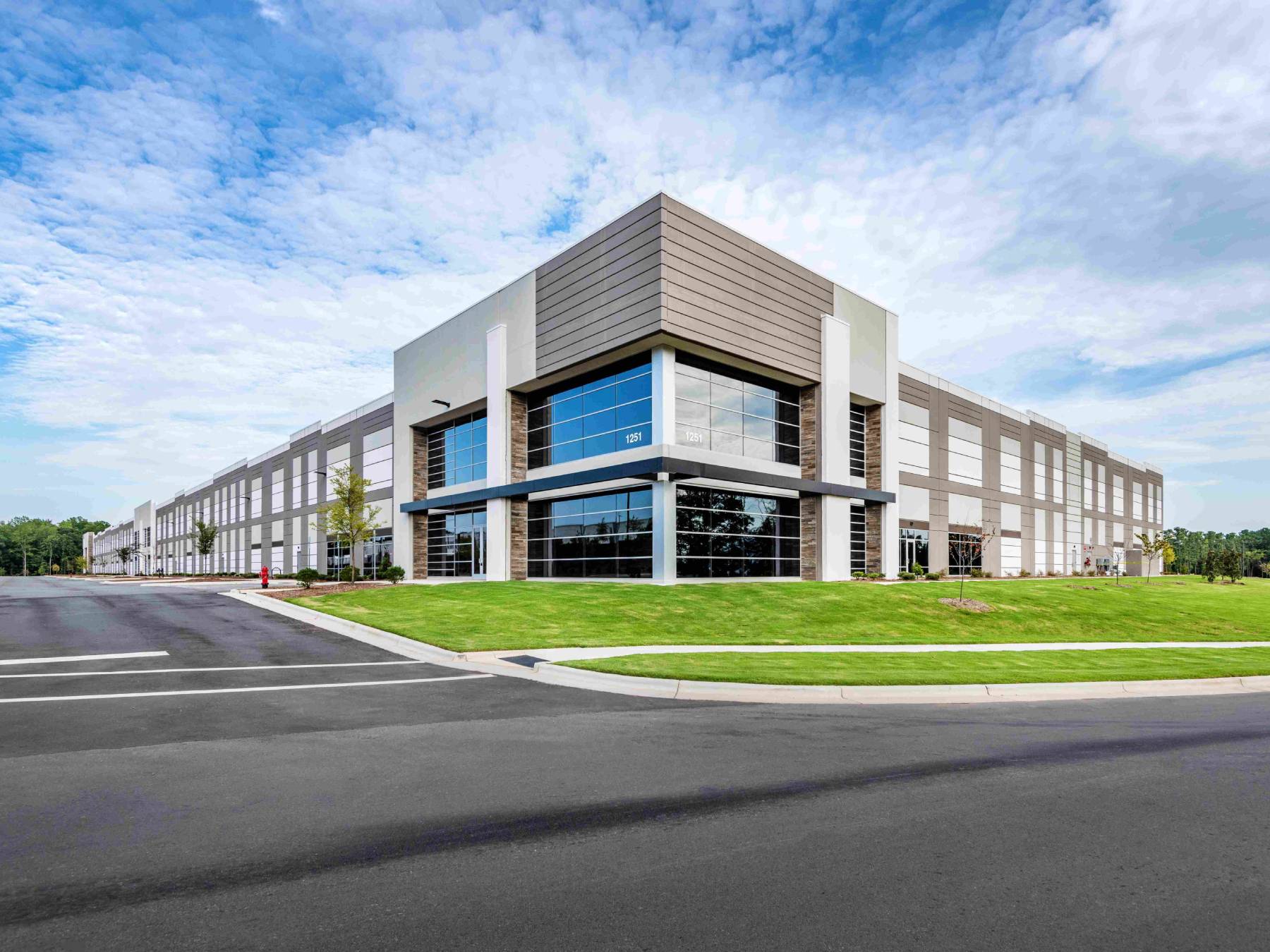I.CON East Panelists Eye Industrial Innovations
Coworking, the last mile and autonomous vehicles promise to transform industrial real estate.
 As news headlines scream about the supply chain nearing the breaking point, with e-commerce demand and labor shortages applying constant pressure, a group of panelists at NAIOP’s I.CON East on Nov. 11-12 in New Jersey spoke about innovations in industrial real estate that may transform the landscape.
As news headlines scream about the supply chain nearing the breaking point, with e-commerce demand and labor shortages applying constant pressure, a group of panelists at NAIOP’s I.CON East on Nov. 11-12 in New Jersey spoke about innovations in industrial real estate that may transform the landscape.
“Autonomous vehicles change the whole equation. It’s wild to think about all the designs that may totally change,” said Brit Winterer, executive vice president & head of development for Link Logistics Real Estate. He said that in areas with narrow roadways such as Brooklyn, N.Y., autonomous vehicles will have more maneuverability and potential to serve the “last mile,” that final stretch from warehouse to consumer delivery.
What’s next for warehouse design and interiors? Technology has the potential to make what may have seemed like a staid sector of commercial real estate into the most cutting-edge of all the property types.
Coworking may not be just for office workers, for example.
READ ALSO: Keynotes at NAIOP’s I.CON West Focus on Economics, Leadership
“We’re quite excited about coworking and co-living, and over time we see more management of (industrial) units,” said Sarah Liu, vice president of the real estate technology investment team at Fifth Wall. “Landlords who are tech savvy can manage it.” Such arrangements could serve small retailers and startups that depend on delivery of goods.
Michael Landsburg, chief development officer for NFI Real Estate, said that robotic technologies will alter the ways buildings are designed and people are managed.
Robots at work
Comparing utilization of flexible technology to the traditional way of counting inventory, Landsburg said, “it used to be people walking around and it would shut down the warehouse for two days. Now they can have robots doing that work.” Robotics are not replacing labor but making processes more efficient, he said, freeing up people for other tasks.
He also spoke about remote operation of forklifts, which will necessitate buildings being designed and even painted with laser optics in mind.
The ability to analyze data is currently a weakness for industrial real estate, but has the potential to become a game changer, said Adir Levitas, CEO of Faropoint. “There is a revolution in what is happening with data,” Levitas said, one that has already happened in some other sectors and is taking time to get to commercial real estate.
“The opportunity is endless in real estate as a whole,” he said. “We’re not analyzing data anywhere; we’re not doing enough to predict trends—in submarkets or cities or specific locations. There’s a lot to say about which side of the street you are on, understanding location better, proximity to users. What do you care about specifically? What does that location mean to a tenant? Who are your customers?”
Data will also play a role in disrupting nearly every process, including brokerage; more tenant decisions could be automated, creating new ways for brokers to meet clients’ needs.







You must be logged in to post a comment.